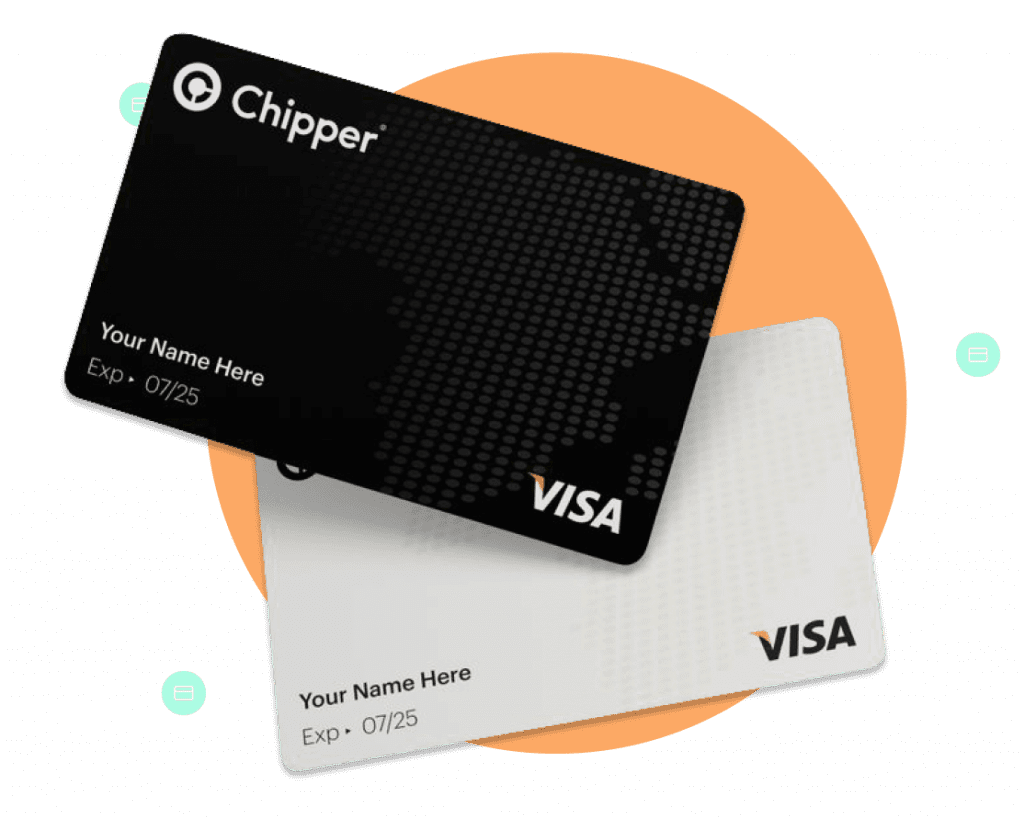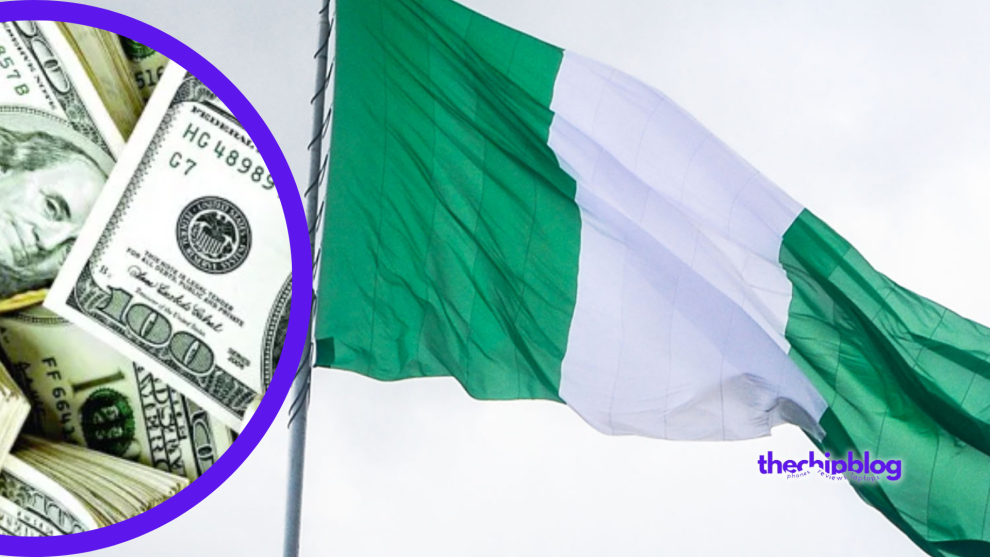What is a Dollar Account in Nigeria?
A dollar account, also known as a domiciliary account, is a bank account denominated in US dollars. With this type of account, you can deposit, withdraw, and hold funds in USD, giving you flexibility in managing your international finances. It offers a secure and convenient way to streamline your cross-border transactions and protect your savings from currency fluctuations.
Who Should Consider Opening a Dollar Account in Nigeria?
- Freelancers and Businesses: If you receive payments from international clients in USD, a dollar account allows you to receive funds directly without incurring currency conversion fees.
- International Students: Planning to study abroad? A dollar account helps manage your living expenses conveniently in the currency you’ll be using.
- Regular Travelers: For frequent international travelers, a dollar account eliminates the need to exchange large amounts of currency before each trip.
- Saving in USD: Hedging against currency fluctuations? A dollar account safeguards your savings from devaluation of the Nigerian Naira.
Benefits of Opening a Dollar Account in Nigeria
- Convenience: Manage your USD finances directly without the hassle of currency exchange.
- Security: Dollar accounts offer a safe and reliable way to store your USD holdings.
- Favorable Exchange Rates: Some banks provide competitive exchange rates when converting Naira to USD for deposits.
- International Transactions: Easily send and receive USD payments from anywhere globally.
- Investment Opportunities: Certain banks allow you to invest your USD holdings in dollar-denominated instruments.

Requirements to Open a Dollar Account in Nigeria
The specific requirements may vary slightly between banks, but generally, you’ll need:
- Valid ID: International passport, National ID card, Driver’s license (one or a combination, depending on the bank).
- Proof of Address: Utility bill (electricity, water) or bank statement issued within the last 3 months.
- Completed Account Opening Form: Available at the bank branch.
- Specimen Signature Card: A card with your signature for verification purposes.
- Opening Balance: Some banks might require a minimum opening balance in USD (amount varies by bank).
- Two Reference Letters (Optional): In some cases, banks may request reference letters from reputable individuals.
How to Open a Dollar Account in Nigeria: Step-by-Step Guide
- Choose a Bank: Research and compare different banks in Nigeria, considering factors like account fees, minimum balance requirements, and online banking functionalities.
- Gather Your Documents: Ensure you have all the necessary documents listed above readily available.
- Visit a Bank Branch: Locate a branch of your chosen bank and schedule an appointment with a customer service representative (recommended, but not always mandatory).
- Meet the Representative: Explain your intention to open a dollar account and present your documents. The representative will guide you through the account opening process.
- Fill Out the Application Form: Carefully read and fill out the account opening form, providing accurate information.
- Sign the Signature Card: Provide your signature on the specimen signature card for verification purposes.
- Initial Deposit: Make your initial deposit in USD (if required by the bank) to activate your account.
- Account Activation: The bank representative will process your application and inform you of the timeframe for account activation. This usually takes 1-2 business days.
Congratulations! You’ve successfully opened your dollar account in Nigeria.
Dollar Account Features and Considerations
- Account Types: Banks typically offer various domiciliary account options, such as current or savings accounts. Current accounts allow for easy deposits and withdrawals, while savings accounts might offer interest on your USD balance. Choose the account type that best suits your needs.
- Minimum Balance Requirements: Certain banks have minimum balance requirements to maintain your dollar account. Failure to meet these requirements might result in dormancy or account closure with associated fees.
- Debit Cards and Online Banking: Inquire about the availability of debit cards linked to your dollar account for ATM withdrawals and online transactions. Most banks offer online banking functionalities for convenient account management.
- Transaction Fees: Be aware of any transaction fees associated with your dollar account, such as account maintenance charges, withdrawal fees, and wire transfer charges.
Pro Tip: It’s crucial to understand the terms and conditions of your dollar account to avoid any unexpected fees or charges.
Understanding Dollar Account Regulations in Nigeria
While opening a dollar account in Nigeria is relatively straightforward, it’s crucial to understand some key regulations:
- Central Bank of Nigeria (CBN) Regulations: The CBN imposes certain limitations on domiciliary accounts. For instance, there might be restrictions on the total amount of USD you can withdraw per day or transfer abroad.
- Tax Implications: Interest earned on your dollar account might be subject to withholding tax in Nigeria. Consult a tax advisor for specific guidance on your situation.
Safety Measures for Your Dollar Account
- Choose a Reputable Bank: Opt for a well-established bank with a proven track record of security and customer service.
- Strong Passwords and Authentication: Always use strong and unique passwords for online banking access. Enable two-factor authentication for added security.
- Monitor Account Activity: Regularly review your account statements to identify any unauthorized transactions.
Frequently Asked Questions (FAQs) about Dollar Accounts in Nigeria
Can I fund my dollar account with Naira?
Yes, most banks allow you to deposit Naira into your dollar account. The bank will then convert the naira to USD at the prevailing exchange rate.
How long does it take to withdraw funds from my dollar account?
The processing time for withdrawals can vary depending on the withdrawal method (ATM, bank transfer) and your bank’s policies. Inquire with your bank for specific details.
Can I use my dollar account for online transactions?
Yes, if your dollar account comes with a debit card, you can use it for online purchases internationally. Ensure the merchant accepts USD transactions.
What happens if my dollar account becomes dormant?
Dormant accounts, meaning those with no activity for an extended period, might incur reactivation fees. Check your bank’s policy to avoid any unnecessary charges.
Can I close my dollar account?
Yes, you can close your dollar account by following your bank’s procedures. There might be closure fees associated with this process.
















Add Comment